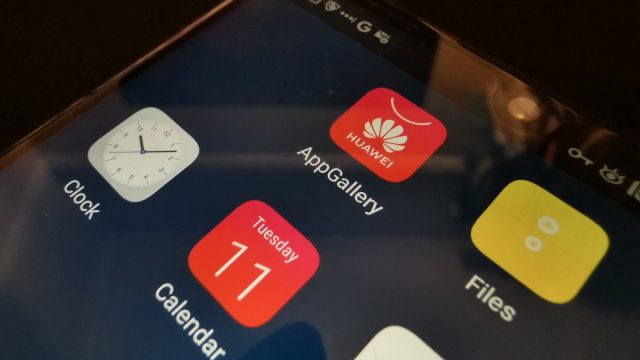Chinese popular phone manufacturers Huawei, Xiaomi, and BBK Electronics’ Vivo and Oppo are preparing a unity that would threaten the supremacy of the Google Play Store on Android.
The Global Developer Service Alliance (GDSA) would witness the development of a platform that might allow developers to upload applications to all or any four stores at the same time, providing developers added benefit and a broad reach than one store could offer.
The platform undergoing development is not only for applications but also for music, videos, books and other digital contents. Meanwhile, Xiaomi informed Android Authority that there’s “no competing returns” against the Play Store, the platform is productively a Play Store stand-in for nearly 43% of the worldwide smartphone market.
The report arrives courtesy of Reuters, which adds that the platform will initially debut in nine countries. it was supposed to be launched in March but has been put-off thanks to New Coronavirus fears.
Big news for Huawei
Although three firms are involved here, the news is perhaps most vital to Huawei. Last year, it had been banned from using Google services as a part of its placement on the US entity list, or trade ban. This simply means the likes of the Huawei Mate 30 could not access the Play Store. It had to make use of its own alternative which is the AppGallery.
The company has since sunk even more marketing push promoting the shop, but despite its attempts to court developers, it still lacks a variety of key applications. It’s worth remembering that application availability is what made the likes of BlackBerry and Windows OS go down the drain.
With added support from Xiaomi and BBK, accepting unity does mean a bigger potential reach for developers across a variety of applications stores.
China: Google’s Play Store and services blind spot
For Google, the formation of the alliance could pose a couple of problems too. The company lacks a presence in China. It’s Play Store is banned within the country, and therefore the development of another platform on which similar applications and contents would be readily available — especially in eight markets beyond Chinese borders — does likely threaten its global superiority.
It’s amusing that three BRICS nations are included on the initial mount list too — Indonesia, Russia, and China. This might signal a possible introduction of the platform to South Africa at a later date. Huawei did stress last year that it intended to supply more SA-made apps within the AppGallery.
But it’s still early. Only time will tell how the alliance will function, whether it’ll be productive and whether developers within the nine countries consider the thought. As long as it’s successful, we are going to see an expansion into other markets.
Either way, it does appear to be the US’ snub towards Chinese technologies has bred something we have not seen within the application distribution segment for a while.
Feature image: Huawei’s AppGallery, by Andy Walker/Memeburn


